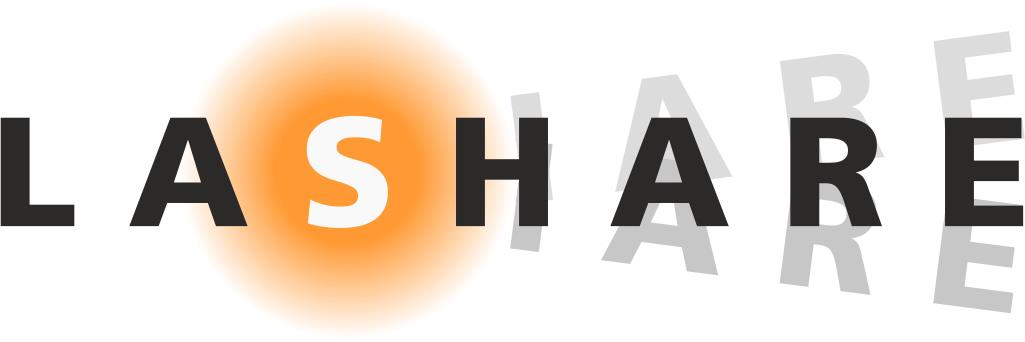CHALLENGE
Car doors become more complex and more functionalities in each new series. Additionally, customer demand drives the requirements of individualized parts to a degree that comes close to one piece flows. In this challenge, welding of interior panels for car doors needs to move from ultrasonic acoustic vibration based welding to laser welding in order to add additional degrees of freedom for the designers. Such changes relate to a reduction in welding area size to enable complex shapes or to a reduction of pegs and ribs to reduce weight. With these optimizations however, welds need to be perfectly under control which requires process monitoring and control to cater for variations in material properties. ALLEGRO additionally needs to ease setup for different types of car panels as system cost and cycle time are critical to leverage the new degrees of freedom in product design.
BENEFIT
In the ALLEGRO assessment, the partners strive for a quality control system that is able to detect faulty welds at 99.9% and more than 99% of welds being within requested properties without intervention. Corrective strategies will be applied to reach a maximum output from the production line. The applied sensors will be re-used to generate data for the autonomous setup system. Through a close connection of the machine control system and the sensor system, the laser-based manufacturing equipment will be enabled to program its manufacturing process with minimum operator assistance. All benefits together will allow the production designers to remove 30% of the sonotrones to cut the overall energy consumption by half and to demonstrate a truly flexible piece of manufacturing equipment. Once finished, the base concept of the system may well be ported to application areas such as welding of car roofs, batteries for electric vehicles or the production of white goods.
ACHIEVEMENT
Laser based plastic welding has been successfully assessed with car interior door panels. Both linear and wobbling welding technologies fulfilled the aesthetical and mechanical customer requirements. Different materials and thicknesses were tested and validated. The defect detection was limited by the pyrometer configuration, nevertheless, promising results were reached.

Project:

Enterprises:
LPKF Laser & Electronics AG (supplier), Grupo Antolin-Irausa, S.A. (user), Fundación CARTIF (research partner)
‘
Sector
Transport
Keywords

